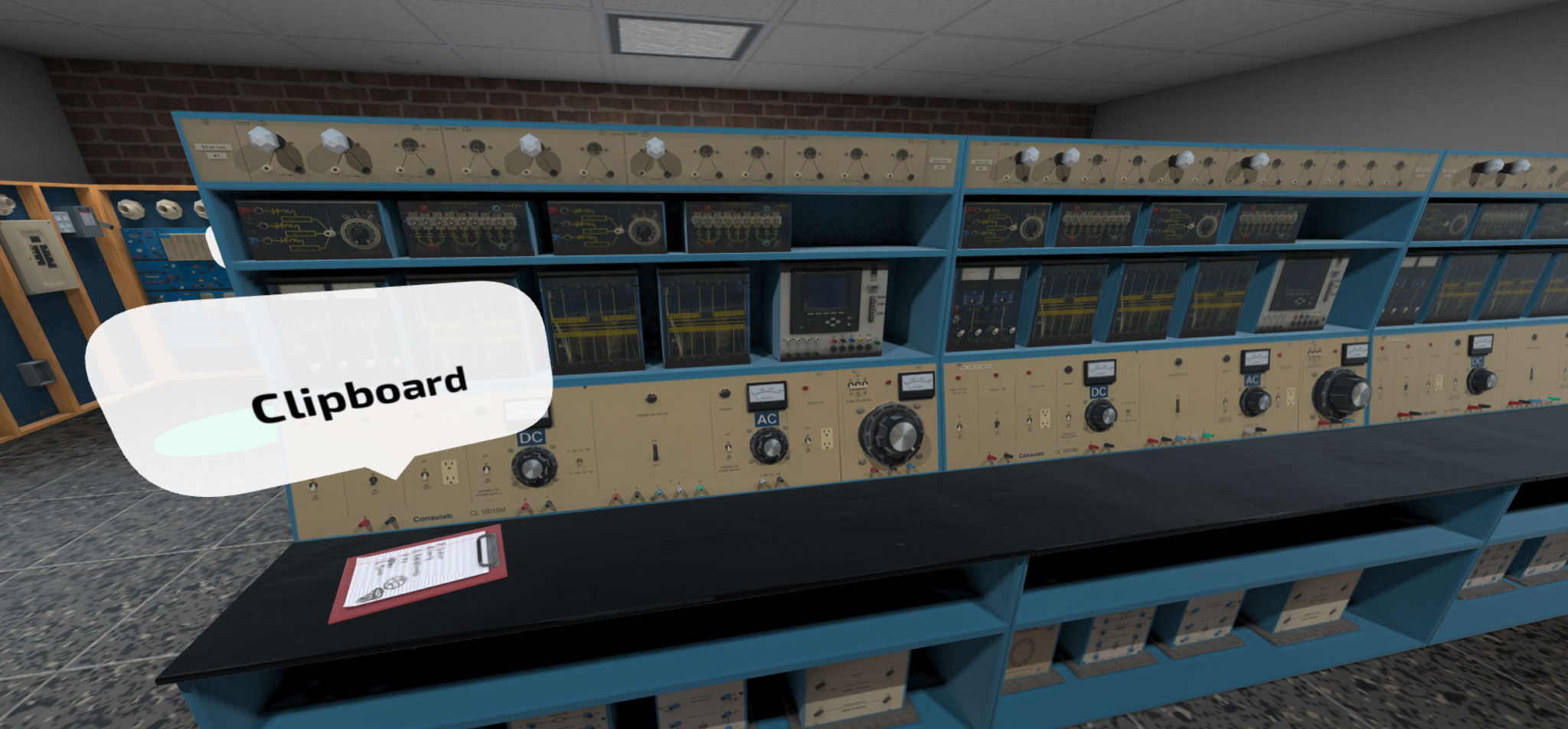Research
I have always been interested in the entanglement of technology and culture. My artistic endeavours into blending physical and virtual realities (VR/AR/XR) and enhancing social interactions through my interactive installation work inspired my journey into completing a MASc in Human-Computer Interaction (HCI) exploring multi-user computer interactions and a PhD in Information Technology (IT) exploring how to make VR more inclusive within social learning spaces. Presently, My adjunct research professor role at Carleton University involves continued collaboration with other research groups such as uni-vr-sity, graduate supervision, and further exploration into XR in social learning spaces. I am very interested in how immersive technologies such as VR can bring people together, inspire new social interactions and creativity, and transform our individual and collective perspectives on reality.
Research Profiles
Research Publications
- Scavarelli, A., Arya, A., Teather, R.J., Wakelin, R., Gauen, S., McCann, J. (2025). Exploring the Inclusive Design and Use of Social Multi-platform Virtual Reality for a Post-secondary Gender Diversity Workshop. In: Krüger, J.M., et al. Immersive Learning Research Network. iLRN 2024. Communications in Computer and Information Science, vol 2271. Springer, Cham. https://doi.org/10.1007/978-3-031-80475-5_20.
- [paper pdf]
- In this paper, we explore the community design and case study evaluation of an inclusive VR learning activity created for a post-secondary trades faculty workshop to highlight the challenges women face in the trades.
- Scavarelli, A., Arya, A., & Teather, R. J., “Circles: A Framework for Creating Inclusive Virtual Reality Learning Activities in Social Learning Spaces,” Immersive Learning Research – Academic, 1(1), 1–11, 2024.
- [paper pdf]
- In this paper we describe the current state of a VR learning framework being developed for researchers and creators to create more inclusive VR learning activities. We highlight the core theoretical and practical motivations, elements, and features, several use-case studies of the framework by others, and a small developer usability study.
- Scavarelli, A., Teather, R. J. & Arya, A., “Exploring Selection and Search Usability Across Desktop, Tablet, and Head-Mounted Display WebXR Platforms,” 2023 9th International Conference on Virtual Reality (ICVR), 2023, pp. 505-514, 2023.
- [paper pdf]
- In this paper, we evaluate selection and search usability and performance across desktop, mobile, and HMD VR platforms using a WebXR Learning framework called Circles.
- Kroma A., Grinyer K., Scavarelli A., Samimi E., Kyian S. and Teather R.J., “The Reality of Remote Extended Reality Research: Practical Case Studies and Taxonomy,” Front. Comput. Sci., 2022. [open access]
- This paper offers a big-picture summary of how we conducted six remote XR studies, our research design considerations, our findings in these case studies, and what worked well and what did not in different scenarios. Also, we propose a taxonomy for devising such studies in a systematic and easy-to-follow manner. We argue that the XR community should move from theoretical proposals and thought pieces to testing and sharing practical data-informed proposals and guidelines.
- Scavarelli, A., Arya, A. & Teather, R.J., “Virtual reality and augmented reality in social learning spaces: a literature review,” Virtual Reality 25, 257–277, 2021.
- [paper pdf]
- In this survey, we discuss the current state of learning with VR/AR within social learning spaces while discussing some future directions for increased accessibility and the interplay between physical and virtual realities.
- Scavarelli, A., Arya, A., & Teather, R. J., “Circles: exploring multi-platform accessible, socially scalable VR in the classroom,” 2019 IEEE Games, Entertainment, Media Conference (GEM), 1–4, 2019.
- [paper pdf]
- This paper discusses a WIP framework for developing more accessible and social VR for learning.
- Scavarelli, A., Teather, R. J., & Arya, A. “Towards a Framework on Accessible and Social VR in Education,” 2019 IEEE Conference on Virtual Reality and 3D User Interfaces (VR), 1148–1149, 2019.
- [paper pdf]
- [poster pdf]
- In this extended abstract, we explore the foundations of a design framework for VR in learning while demonstrating the use of symmetric interactions within a WIP framework called Circles.
- Scavarelli, A., & Teather, R. J., “VR Collide! Comparing Collision-Avoidance Methods Between Co-Located Virtual Reality Users,” Proceedings of the 2017 CHI Conference Extended Abstracts on Human Factors in Computing Systems (CHI EA ’17), 2915–2921, 2017.
- [paper pdf]
- [poster pdf]
- In this Late-Breaking Work (LBW) we explore using several visualization techniques to prevent collisions between multiple VR users sharing the same physical space.
- Scavarelli A., Arya A. “An Exploration of Shape in Crowd Computer Interactions,” In: Kurosu M. (eds) Human-Computer Interaction: Interaction Technologies. HCI 2015. Lecture Notes in Computer Science, vol 9170. Springer, Cham., 2015.
- [paper pdf]
- In this paper, we explore crowd-computer interactions using a crowd shape generated from participating crowd members, both simulated and non-simulated, in three primary shape forms (blobby, precise, and a combination of the two) to explore whether such an interactive form and which of the three forms, can be both a viable and enjoyable method of having many people collaboratively interacting with large public displays in public spaces.
- Scavarelli, A., & Arya, A. “CINDR: A Proposed Framework for Ethical Systems in Video Games,” 2014 IEEE Games, Entertainment, Media Conference (GEM), 1-5, 2014.
- [paper pdf]
- In this paper, we will propose CINDR, a video game ethics framework, and use it as a semantic context for examining and classifying several example video games that represent various video game genres. Consequently, we will discuss ways in which the gaming industry could, in the future, create games while seriously considering the ethical issues virtual worlds can cause for players and their communities.
- [paper pdf]
